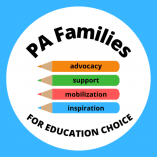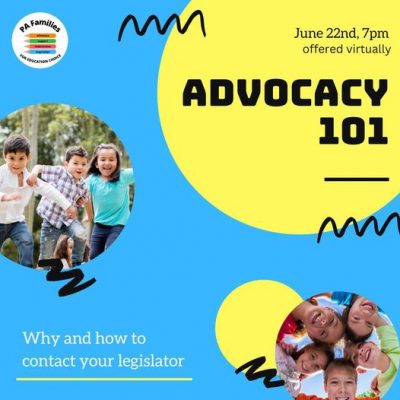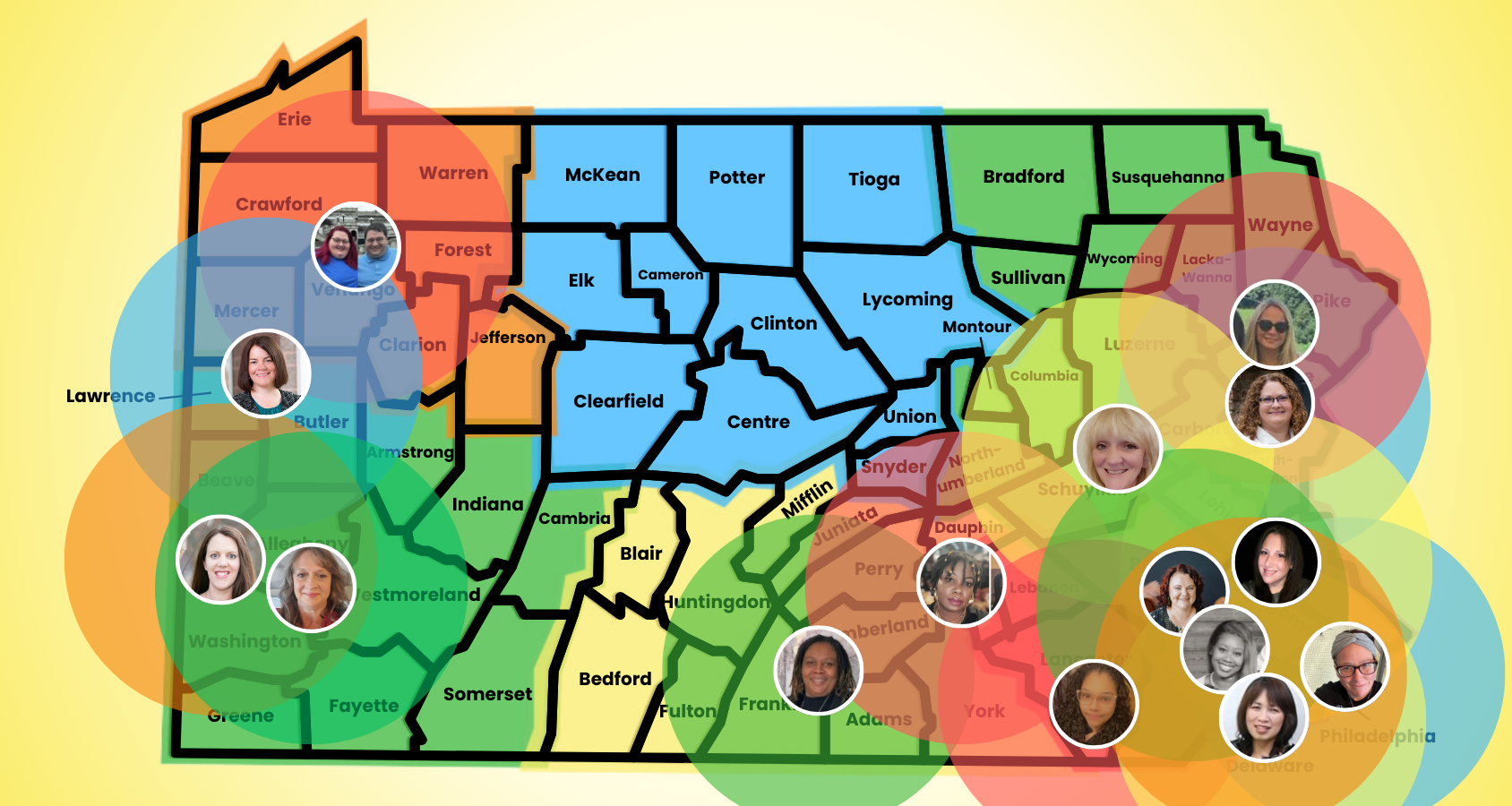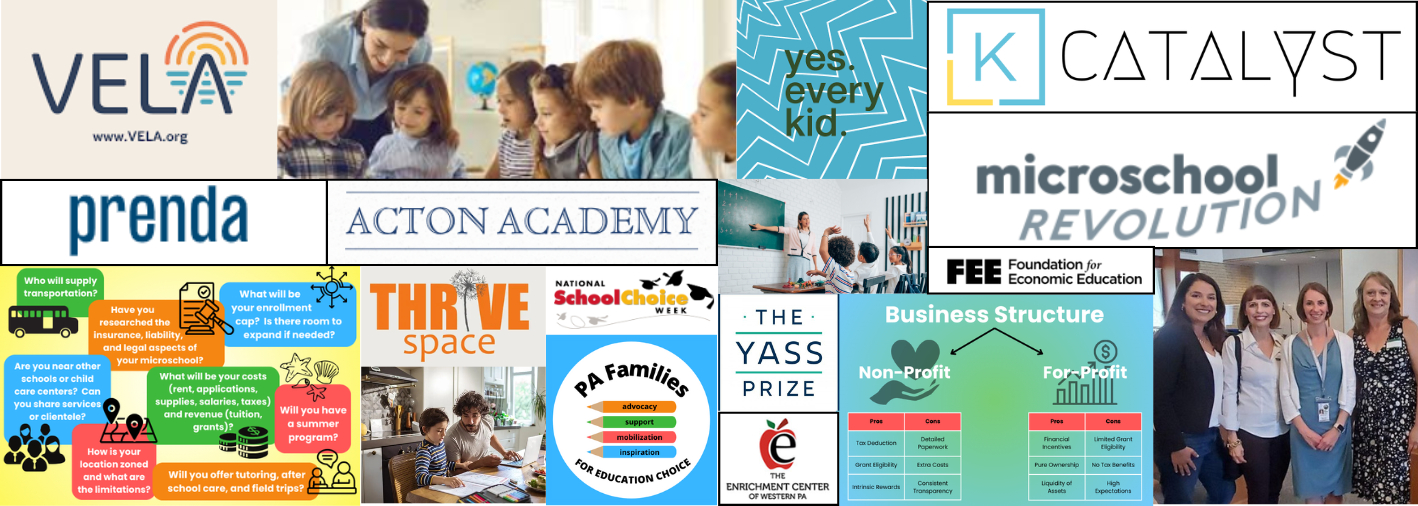Children Continue to Slip Through the Cracks
Increased Literacy Interventions Necessary
August 2, 2023 | By: Sharon Sedlar


Parents, especially those “first timers”, can be very dependent upon other adults and professionals for advice. The importance of experience, support, and resources in those first years of a child’s life cannot be underemphasized. But what happens when those supports aren’t available, especially for those in need of Special Education Services?
The Special Education process is very complex and can be daunting for many parents – especially those who don’t know the proper channels for objection (should they be needed) or which way to turn when school officials discount their opinions or rebuff their requests.
The Yale Center for Dyslexia and Creativity defines dyslexia as “an unexpected difficulty in reading…most commonly due to a difficulty in phonological processing (the appreciation of the individual sounds of spoken language), which affects the ability of an individual to speak, read, spell and, often, learn a second language.” It is believed that as many as 20% of students contend with dyslexia, and it is reflective of 80-90% of those with learning disabilities. According to the National Assessment of Adult Literacy, 2 out of 3 adults who cannot read proficiently by 4th grade will be incarcerated or on public assistance programs. Many aren’t even identified as dyslexic until adulthood.
Emily Hanford, in her “Sold A Story” report, details the failures of some educational environments to provide evidence-based reading instruction for all students. Currently, a righting of the ship is underway with a push to ground policies in the science of reading, which includes key components (also known as the “Five Pillars” – phonemic awareness, phonics, vocabulary, fluency, and comprehension), based on recommendations developed by the National Reading Panel. It’s important to note that all students should receive evidence-based instruction aligned to what we know about how kids learn to read; but this is especially true for struggling readers.
And so, this leads us to a family’s story. Cathyana is mom to middle-schooler David in Central PA. Cathyana is very engaged in David’s education and Individualized Education Plan. It’s clear that Cathyana is very proud of her son, describing him as a very kind, well-adjusted, and hard-working student.
Their story starts even before pre-school, when David first received speech/language services through his Intermediate Unit. Moving into Kindergarten, Cathyana saw that something was “different” about David. She spoke with others, researched, and suspected autism. When she brought it up to school officials, they assured her that David was “fine” and that his difficulties likely arose from his speech language pathology needs.
Finally in 3rd grade, Cathyana felt that she couldn’t delay any longer and sought help. An education professional that knew the family pointed her in the direction of an evaluator, and David was immediately diagnosed with Level 1 Autism (the mildest form, still requiring support). But that was when we were still firmly in the grips of COVID, delaying and curtailing services.
Like many parents, COVID was eye-opening for Cathyana. She was able to see David’s functioning level more clearly, and she was concerned. Again, this resourceful mom asked questions of those outside of the district, and did her research, suspecting dyslexia.
Fast forward to the IEP meeting a few months ago, Cathyana mentioned her concerns to the team. Cathyana tells me that she feels she is “in the same circle,” where school officials tell her “We don’t know what you want…David is fine,” while at the same time noting in his IEP that this 5th grader is currently reading at kindergarten level. Cathyana tells me she “stays awake at night not knowing what’s going to happen,” and that, although school staff tells her that David is not in need of services, she knows that David cannot read at home and “doesn’t even know his letters”.
The evaluation referral/contact she received from the school has been slow to respond and schedule, and she is now only a few weeks from school start. Because of this, Cathyana wants her son to remain in his current elementary school, grade, and location rather than move to the next, as she feels that the staffing is better suited to David’s needs – particularly in reading. She feels that David is “losing so much” due to the lack of resources, conversation, and adequate planning.
The relationship with the district has become more daunting as Cathyana has requested meetings with administrators to discuss David’s placement for this coming school year. But due to summer schedules, she has been told that next year’s placement cannot be confirmed pending the return of the Special Education teacher after summer break, and requests for meetings with other school officials have been denied. Most recently, Cathyana has discovered that David has been completely removed from the school register and must re-register him despite his enrollment in the district since kindergarten.
Cathyana says “I have a lot of fear,” because when registering her daughter for kindergarten, she feels that school staff now treat her differently due to the difficulties she’s encountered regarding David’s needs in that same school building.
School officials refuse meeting requests, increased services, and IU support – starting with a delay for service need identification for autism for 4 years. The family does not have the funds for private school placement. Where is this parent to turn when every effort to procure services for her child is met with resistance? How many more years will pass before David can read above a Kindergarten reading level now that so much time in his academic formative years has been lost?
Advocating for our children can be extremely difficult for parents. Meetings bogged down by paperwork, lengthy IEPs, contracts, notices, and discussion can subvert the process that’s supposed to be focused on the child and their services. Cathyana (and other parents) shouldn’t have to fight so hard for so many years – and she’s not even done yet. We must find a better way.
David’s story and needs are complex, but one thing rings true: early identification of reading struggles and evidence-based instruction and interventions are desperately needed to put all kids on a path to learning success. Without screeners to identify struggling readers early and throughout grades K-3, students can slip through the cracks, setting them up for failure in future years. Ensuring teachers are trained in the science of reading, requiring screeners and progress monitoring, intervening when necessary, and providing high-quality instructional materials for all are part of a comprehensive approach to make sure all students become strong readers.







